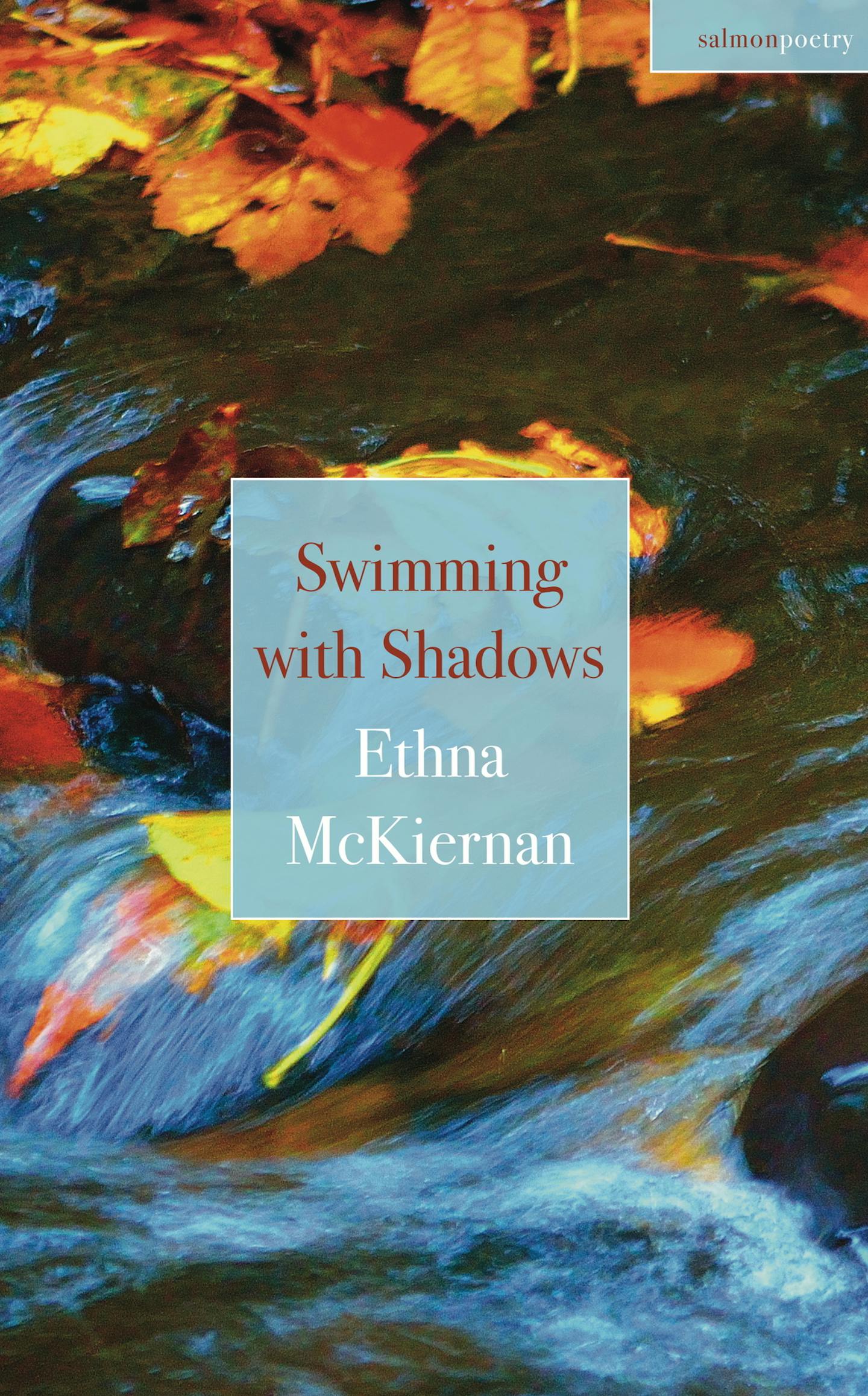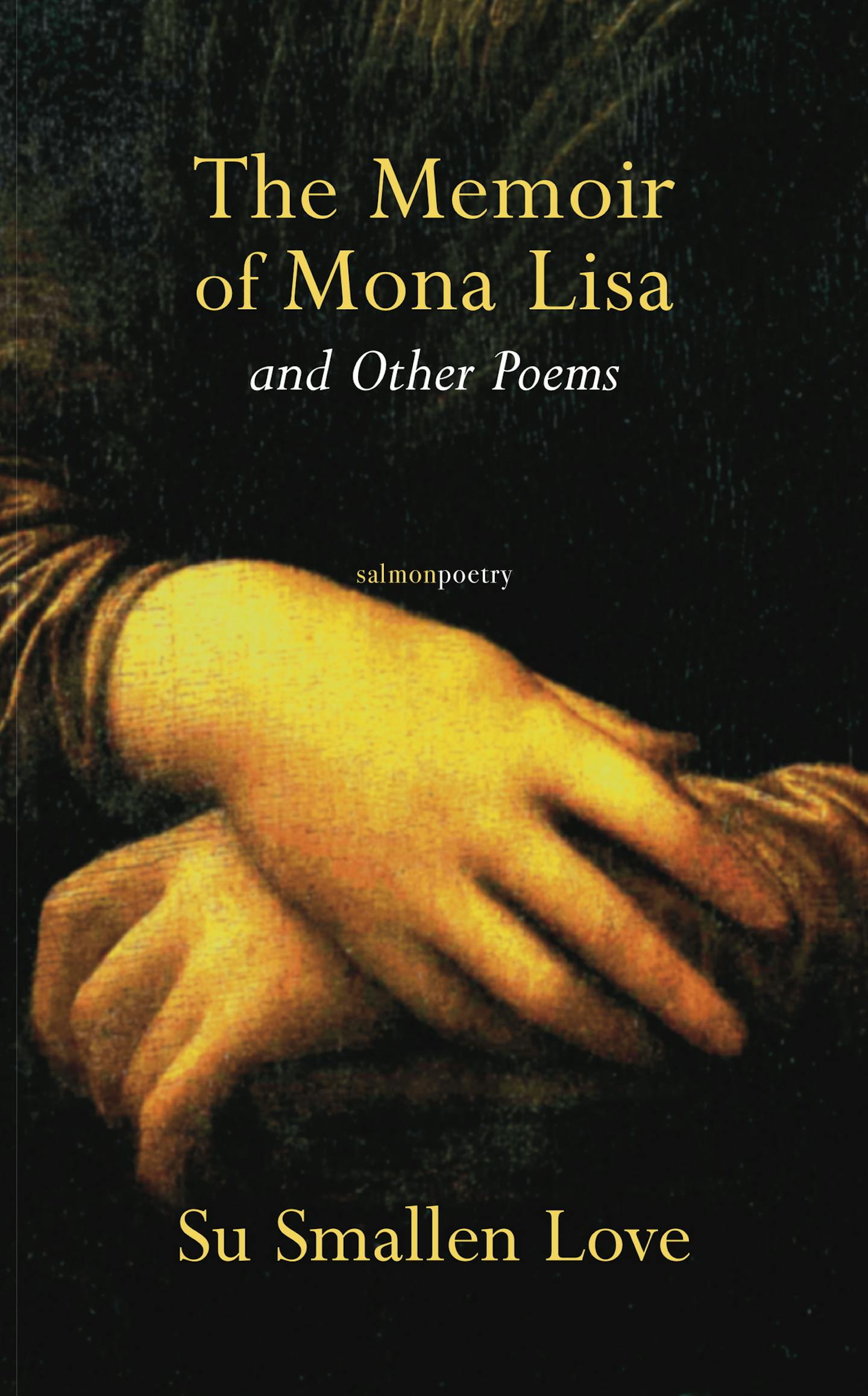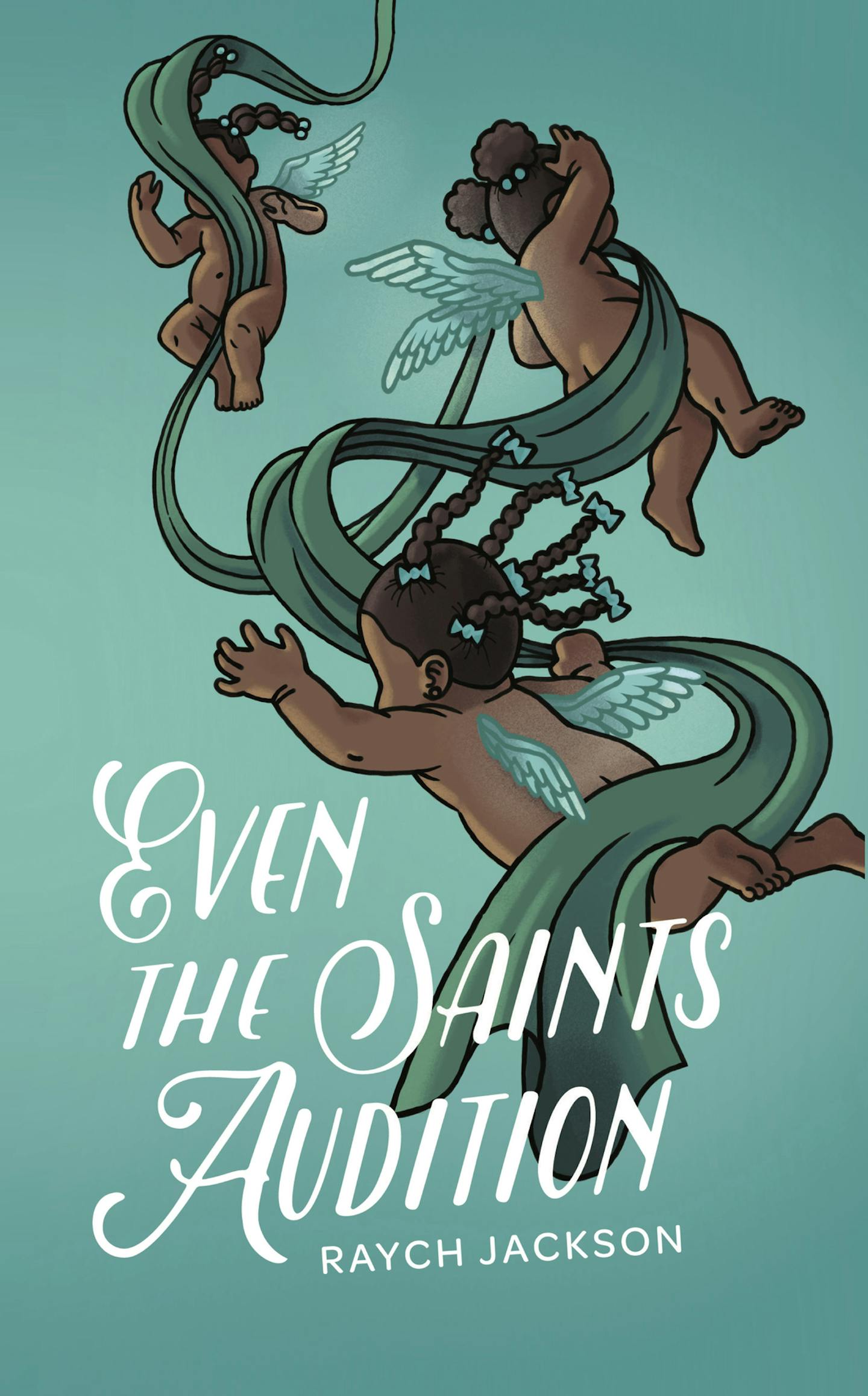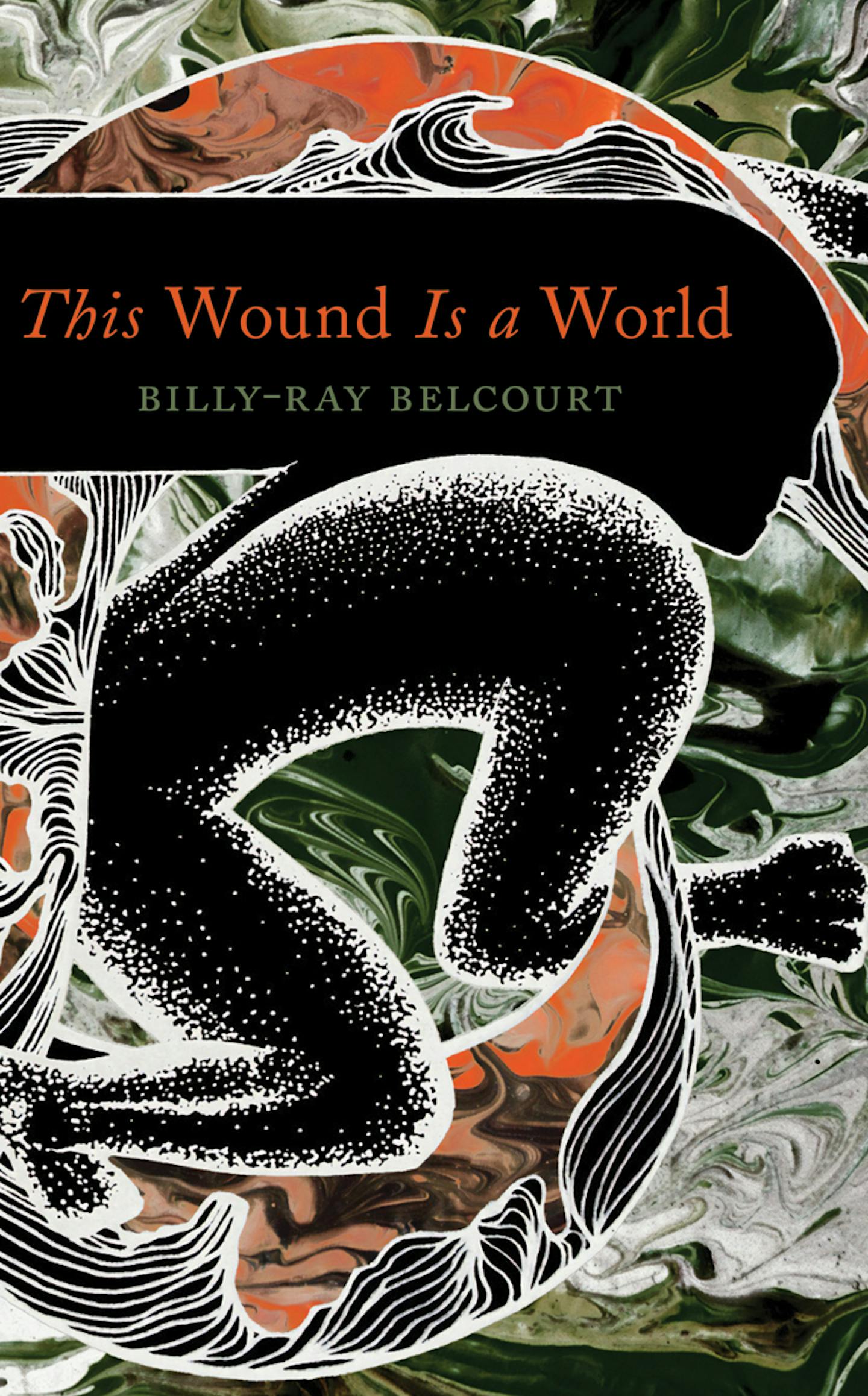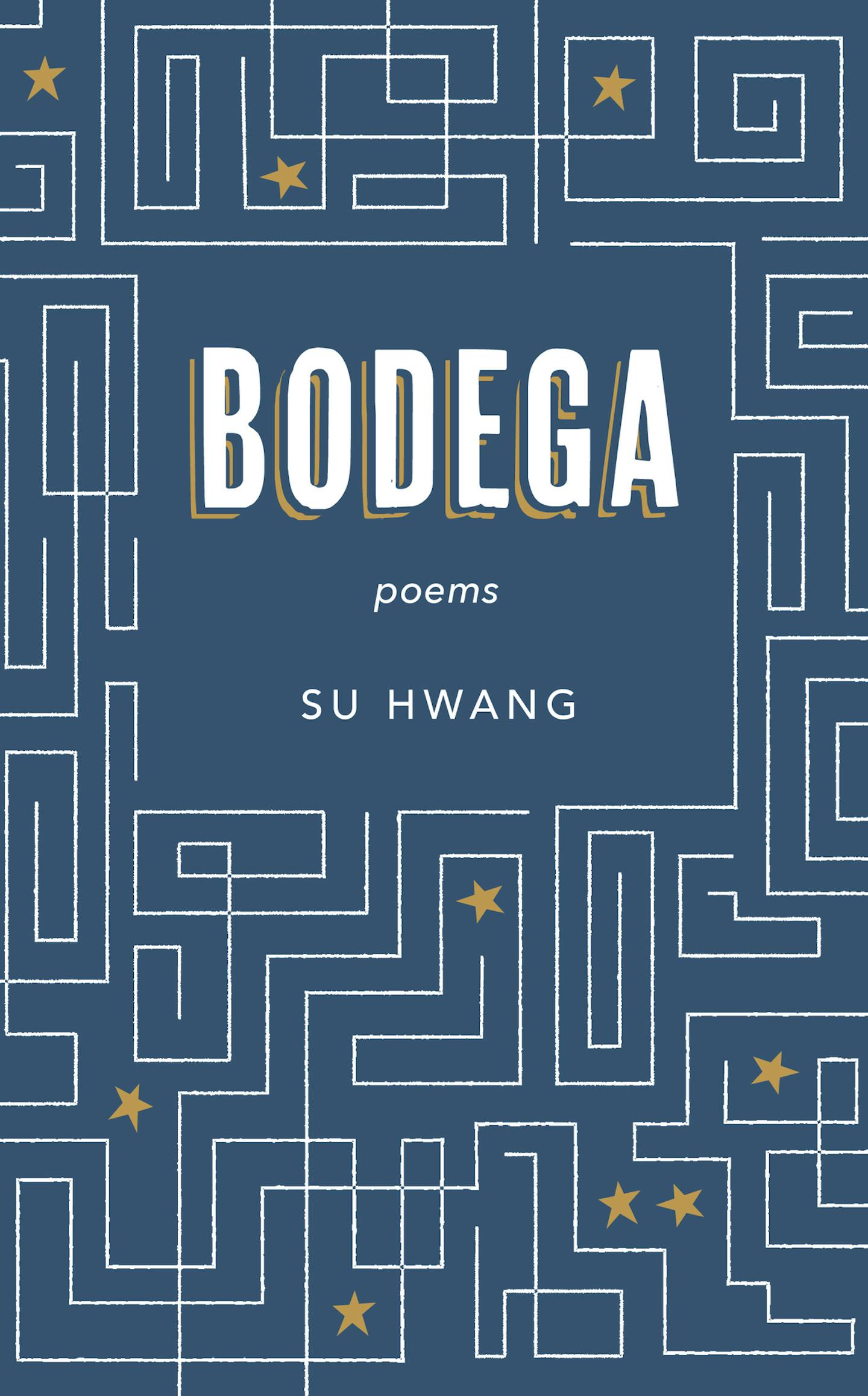Swimming With Shadows
By Ethna McKiernan. (Salmon Poetry/Dufour Editions, 98 pages, $20.)
The shadows Ethna McKiernan swims with in her fourth collection are traces left by the dead. Years after losing her son, she writes, "I pick up my child to whom I am connected/ but no more own then a leaf." Throughout the collection, she is "fingering memory like the amulet/ it is." Political violence is felt just as deeply in poems about the murders of civil rights leaders and among the homeless population she works with.
McKiernan includes a smattering of humorous poems, including an unfortunate joke about "poetry sluts" at a residency. These clash with the quiet care of the otherwise generous collection. In her nuanced poems, "regret's a layered sentiment, shapeshifting/ the mountain sideways" and yet there is room for praise of "the ordinary … pink bee balm from the garden/ fringed like spiky fireworks,/ all the words on the page of this book."
The Memoir of Mona Lisa
By Su Smallen Love. (Salmon Poetry/Dufour Editions, 104 pages, $20.)
Su Smallen Love's series "Lines That Do Not Exist but We Draw Them" in her sixth collection, "The Memoir of Mona Lisa and Other Poems," is a truly exciting and deeply intelligent project inspired by her experience taking a drawing class. Connecting writing and drawing, she unfolds, turn by startling turn, how lines interpret, connect, rend, do violence and create tenderness. What makes us human is "simply and disastrously, that we draw lines." Astonishing mediations join bursts of apt descriptions of drawing: "The line is not right/ but I like it anyway."
The eponymous poem, the most ambitious in terms of research, falls the flattest due to its reliance on clichéd tropes. However, the rest more than makes up for it. "Every poem is a kind of thank you note," she writes. Readers will thank her for insights like the moon is "an agent of gravity that masquerades/ as light."
Even the Saints Audition
By Raych Jackson. (Button Poetry, 96 pages, $16.)
Award-winning slam poet Raych Jackson's debut collection, "Even the Saints Audition," follows the journey of a Christian girl straining against the church's prohibitions on her sexuality and inquisitive mind. It takes readers through her addiction and ends with her relearning to pray and reconnecting with her churchgoing mother: "My mom loves/ every part of me. Her church doesn't." The first section is the most exciting as the speaker sits in the pews, hands clenched, questions ticking like a bomb. She exhilaratingly declares: "I'm so dirty. I'm so independent."
Through the collection, Jackson revisits the story of Job, a man forced to suffer so God and the Devil can have "dinner & a show." With brave restraint, she leaves her conclusion about religion richly unresolved: "Faith is the only fabric/ I can hold on to. I dig my nails in until it rips."
This Wound Is a World
By Billy-Ray Belcourt. (University of Minnesota Press, 57 pages, $15.95.)
Billy-Ray Belcourt's debut, "This Wound Is a World," seeks to "posit a futurity for the queer Indigenous." While engaging with contemporary theory, Belcourt writes with delicacy and clarity about how "heartbreak lives in the underbelly of a system." Individual cruelty, colonialism and systemic violence collide in well-described gestures: a dancer refusing his hand or a white man calling him "wonderfully exotic."
This luminous collection's formal experimentation arises from an urgent need to address the complexity of learning "how to love and be broken at the same time." As the title suggests, woundedness is a resource for forging avenues toward a yet unimagined future. Belcourt writes, "the future is already over, but that doesn't mean we don't have anywhere else to go." Within queer love lies the potential for reinvention: "time stops/ and is made anew/ when two native boys/ find each other's bodies/ and write poems about it afterwards."
Bodega
By Su Hwang. (Milkweed Editions, 94 pages, $16.)
In Su Hwang's intricate debut, the bodega is a vantage point for "taking stock of these terrible/ hierarchies" of race, privilege and immigration. There she witnesses how assimilation can often mean internalizing American racism.
While exploring themes of language, identity and culture, Hwang raises questions about empathy's limits. She asks, "Can anyone/ Truly inhabit another." Her formal experimentation answers that question by breaking apart syntax and leaving narrative gaps. In other words, she offers no easy answers or commodifiable stories. She asks readers to hear rather than understand "the gibberish/ of anguish" spilling from dislocation and trauma.
At times her formal restlessness feels fussy, but then a line or an image will break through, like the chilling snapshot of her parents "in fetal positions — neither able to comprehend" the police officer's commands or her grandmothers asking: "How far do you have to travel to arrive/ at dying?"
Elizabeth Hoover is a poet and critic in Milwaukee.


